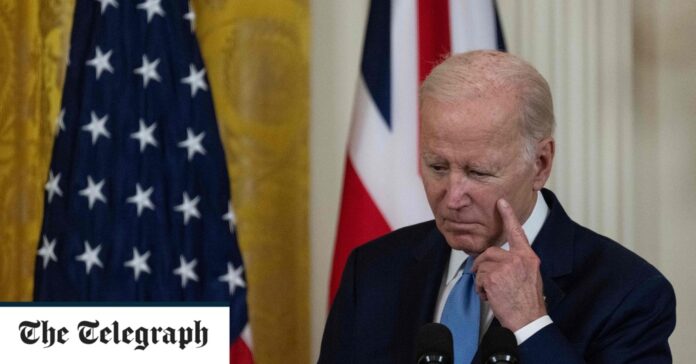A new consensus around economic nationalism will make America – and the world – poorer
To the outside world, America seems to be a deeply polarised society. That’s certainly true in regards to social issues, where liberals and conservatives struggle to find even a single instance of shared political ground. But don’t let culture war divisions distract you from the emergence of a dangerous new consensus in America: the bipartisan embrace of economic nationalism.
Back in 2016, most people recognised that Donald Trump’s election as President would entail a shift away from the free trade consensus embraced by Reagan, Bush I, Clinton, Bush II, and Obama. Trump’s protectionist proclivities were a matter of record, and he quickly acted upon them through the imposition of import tariffs. Few anticipated that this shift on trade would accompany growing skepticism about free markets in general, let alone the degree to which the Biden Administration would accelerate America’s turn away from free trade.
Consider, for instance, Biden’s 2022 CHIPS Act. It provided $280 billion to advance research and development, build a stronger STEM labor force, and boost US semiconductor capabilities. Its companion bill – the misleadingly-named 2022 Inflation Reduction Act (IRA) – is just as interventionist. Far from dealing with inflation, the IRA made available $370 billion in tax breaks, grants, and targeted subsidies to bolster America’s manufacturing sector, as well as offering something dear to the American Left: a transition to green energy.
The actual dollar amounts are not important. What matters is that the Biden administration is unapologetically seeking to alter the sectoral allocation of capital and labour throughout the Federal government instead of leaving it to markets. It is also doing so on a scale that neither Bill Clinton nor George W. Bush would have contemplated.


